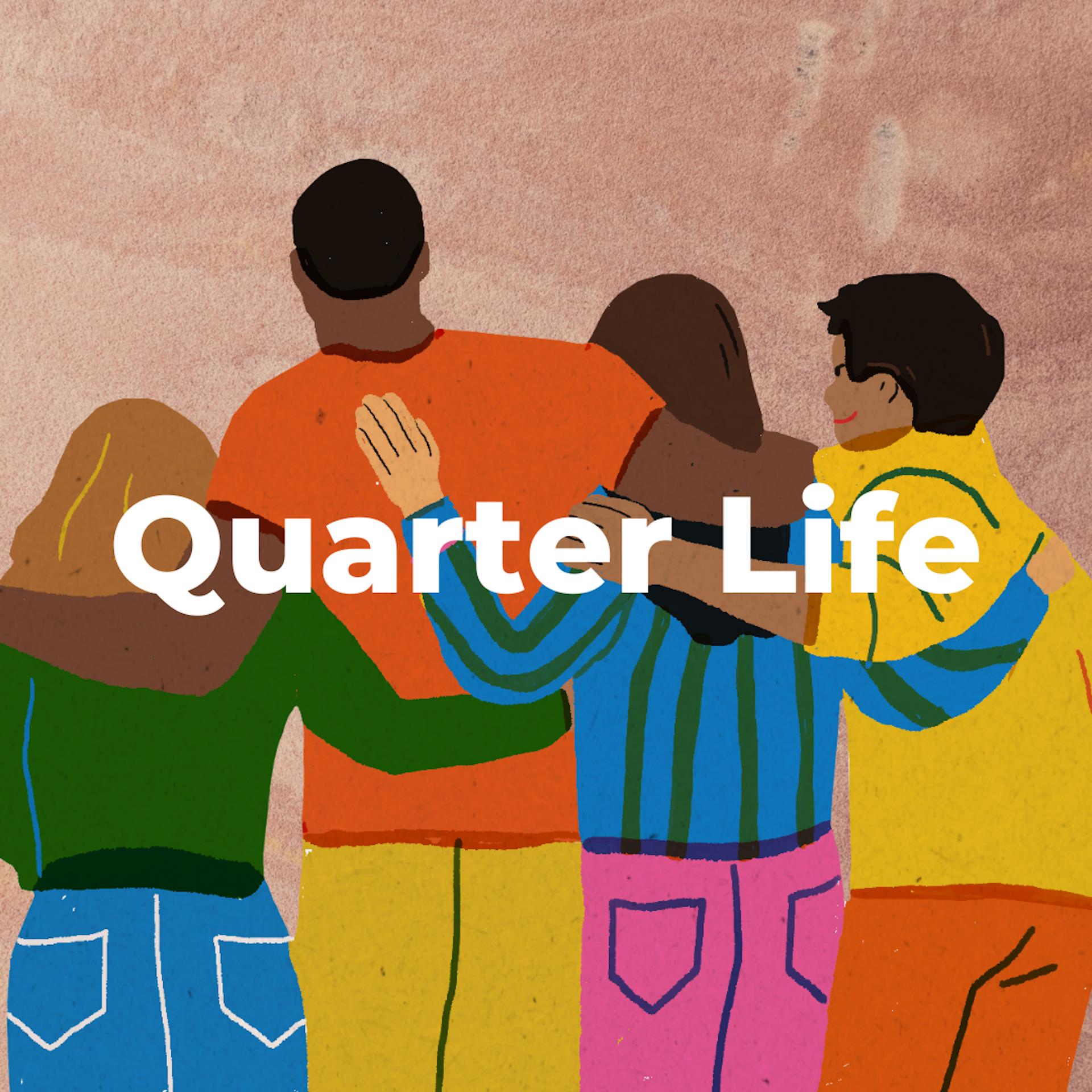
Moving Abroad In Your 20S Can Leave You With Two Identities Here's How To Cope
But underneath the excitement lies something much more complex: the challenge of figuring out your identity when your“home self” and your“new self” begin to evolve side by side.
I experienced this“dual identity” myself when I moved from Nigeria to Scotland at age 33. It's what pushed me to my current academic path, researching Nigerian migration to Scotland. My ongoing work analyses how adults and young adults navigate cultures, form identities and settle into a new society, and how changing policies affect their experience of integration.
Cultural identity formation starts at a young age and continues throughout your development. For those who move abroad or are children of immigrants, this process is more complex, involving a negotiation between personal goals, cultural heritage and the social environment of the host country.
Your twenties and thirties are a time for self-discovery, marked by building a career, forming new friendships and romantic relationships, and shaping the adult you want to become. All of this while integrating into a new society adds an extra layer of complexity.
Navigating two identitiesIn the very first stage of migration, you may be excited by the new foods, people and ways of life you are exposed to. But as time goes by, the difficulty of adapting may become clearer. You may experience challenges like discrimination, an unwelcome political climate, visa restrictions, professional barriers, or simply feel homesick for the people and things back home.

No one's twenties and thirties look the same. You might be saving for a mortgage or just struggling to pay rent. You could be swiping dating apps, or trying to understand childcare. No matter your current challenges, our Quarter Life series has articles to share in the group chat, or just to remind you that you're not alone.
Read more from Quarter Life:
- Feel like you're in a funk? Here's what you can do to get out of it
Moving back home doesn't mean you've failed in life – here's why Why losing a parent when you're a young adult is so hard
This is when the intrapersonal battle of cultural adaptation typically starts. You realise that migration is not merely about moving, but about living two lives. Half of you stays behind where you originally came from, and half of you moves to the host country. This duality is what many migrants experience as they struggle to belong to two worlds. Research shows that people or groups adopt the cultural norms of the host culture over, or at the expense of, their home country culture.
This negotiation of your dual migrant identity emerges in seemingly insignificant moments. At work, you might worry about what your colleagues think of the food you've brought from home. You may struggle to understand your colleagues and their patterns of speaking.
When you meet new people, you may pause or think in your head before introducing yourself. Do you say your name the authentic and cultural way, or say it the easier way so it is not mispronounced or laughed at? You laugh at jokes, but feel gutted when no one understands the humour you grew up with.
Some people accept their dual identity and integrate smoothly. Dual identity can give you flexibility and resilience as you learn and shift between languages, accents and cultural cues. This allows you to express a fuller version of yourself rather than hiding some part of your identity.
For others, the process is more difficult and prolonged, shaped by factors such as discrimination, isolation or limited social support. Some days, you may feel like you don't fully belong in your new country of residence. To locals, you might seem“too foreign” and to people back home, you might appear“too changed”.
Moving abroad is exciting and scary. Urbanscape/Shutterstock
While there is no perfect guide to integrating, transitioning and navigating your identity after you move, there are ways to make it less overwhelming and more empowering.
First, allow yourself to grow without guilt. This new phase doesn't erase your other self, it enriches it.
Second, keep the traditions that matter most to you. Consider joining support groups to connect with people who understand both sides of your experience. This could be fellow migrants or locals who are genuinely accepting and curious.
Third, say yes to experiences that push you. This will help you improve and build your resilience. Belonging is not about fitting into one box, it's about finding your identity and thriving in a way that spans oceans, cultures and time zones.

Legal Disclaimer:
MENAFN provides the
information “as is” without warranty of any kind. We do not accept
any responsibility or liability for the accuracy, content, images,
videos, licenses, completeness, legality, or reliability of the information
contained in this article. If you have any complaints or copyright
issues related to this article, kindly contact the provider above.


















Comments
No comment